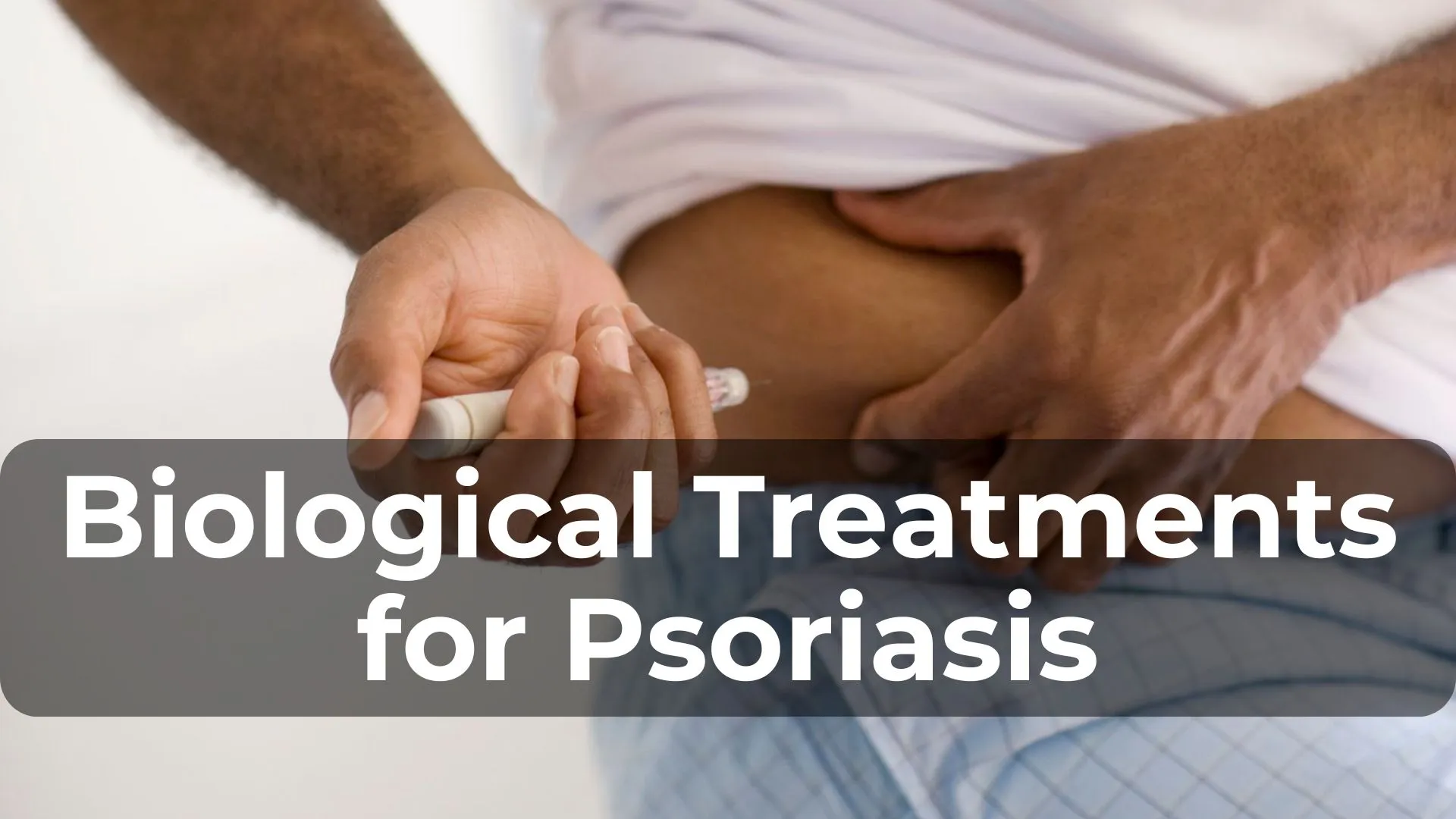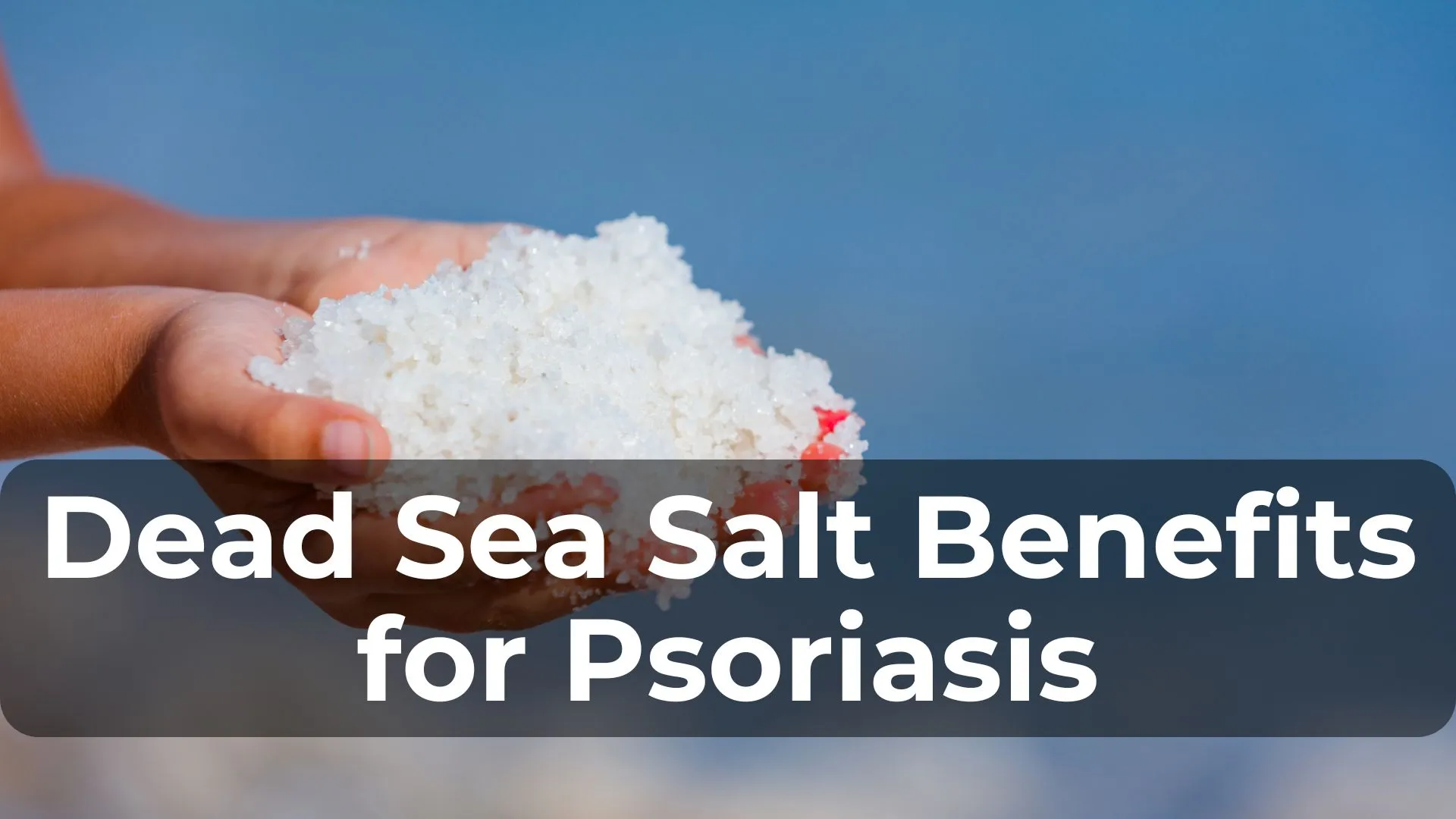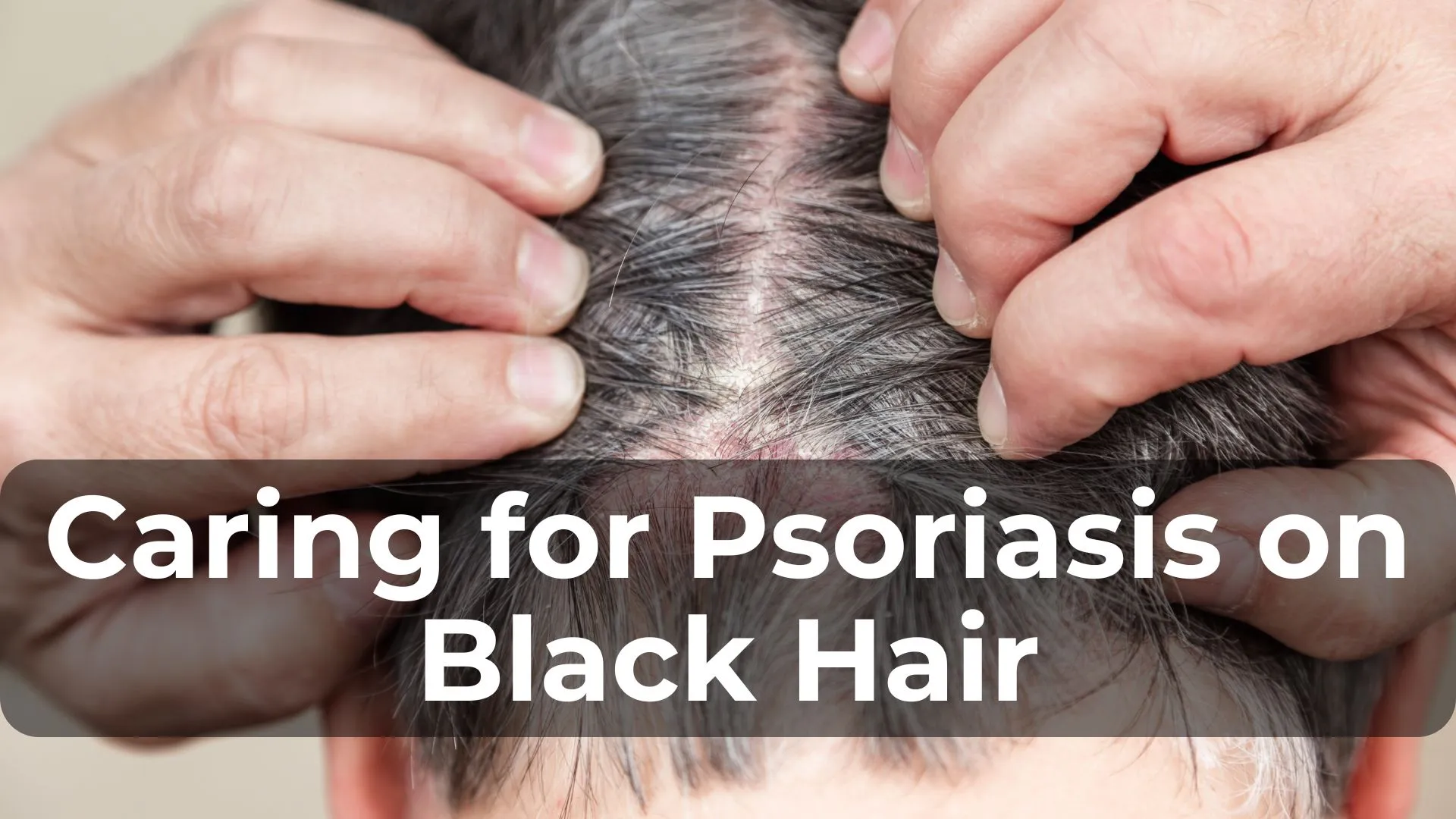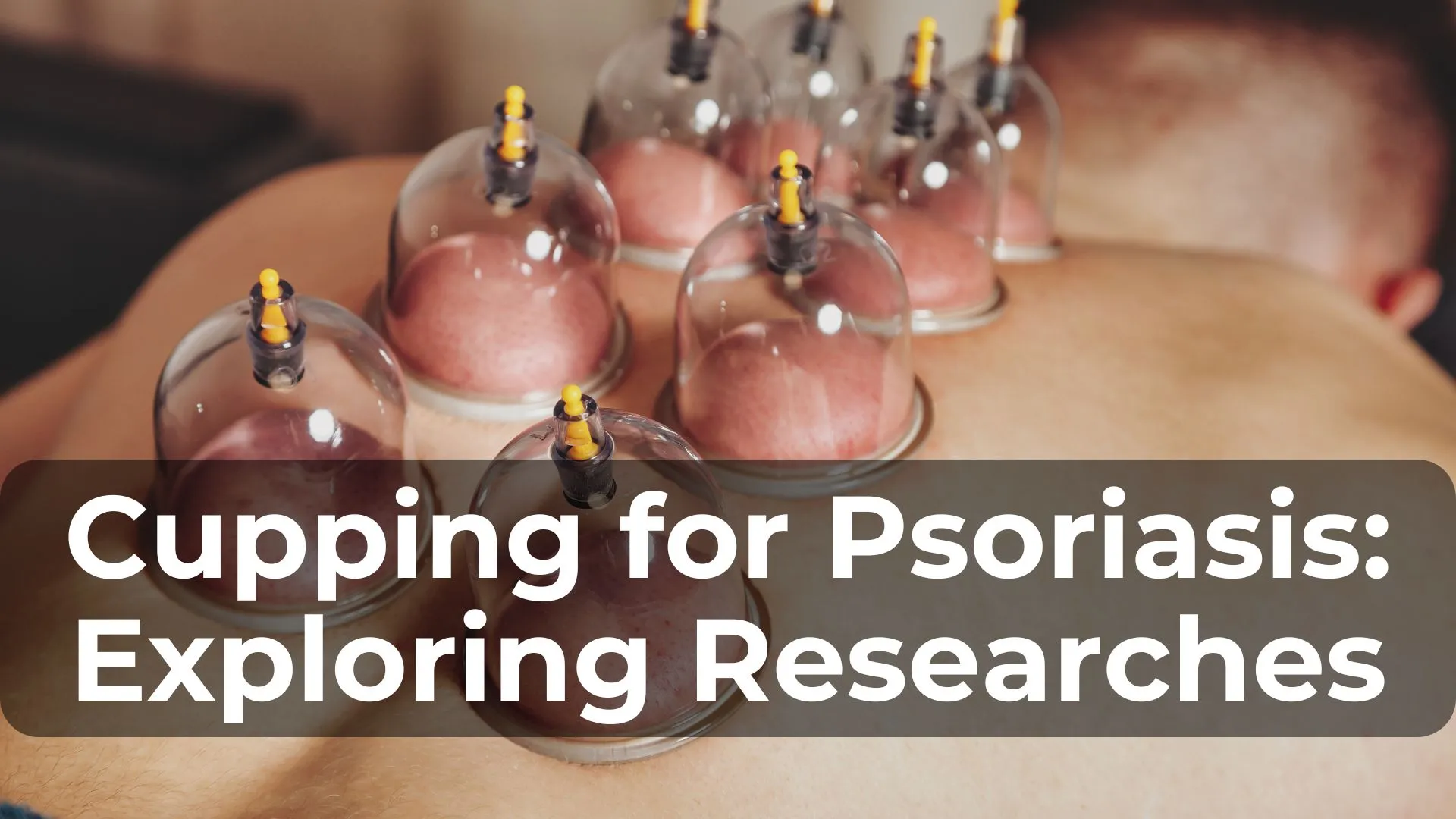
In the realm of psoriasis treatment, biologic therapies have emerged as a revolutionary approach, offering new hope for those grappling with this chronic condition. If you’re considering biologics, it’s crucial to understand their benefits, potential side effects, and how they fit into a holistic approach to healing.
Table of Contents
ToggleBenefits of Biological Treatments
Biological therapies are designed to target specific components of the immune system responsible for the overactive response seen in psoriasis. Unlike traditional systemic treatments like methotrexate or cyclosporine, which broadly suppress the immune system, biologics pinpoint and neutralize specific cytokines or cells involved in the inflammatory process.
These treatments are highly effective in reducing symptoms such as redness, scaling, and plaque formation. Many patients experience significant improvements in their quality of life, with clearer skin and decreased discomfort. Biologics also tend to work relatively quickly, often within a few weeks to months of starting treatment.
Types of Biologics and How They Work
There are several types of biologics approved for treating psoriasis, each targeting different aspects of the immune response:
- TNF-alpha Inhibitors: Drugs like adalimumab, etanercept, and infliximab block tumor necrosis factor-alpha (TNF-alpha), a cytokine involved in inflammation.
- IL-17 Inhibitors: Secukinumab, ixekizumab, and brodalumab target interleukin-17 (IL-17), another cytokine implicated in psoriasis.
- IL-23 Inhibitors: Ustekinumab and guselkumab block interleukin-23 (IL-23), which plays a role in regulating immune responses.
- IL-12/23 Inhibitors: Drugs like ustekinumab also inhibit interleukin-12 (IL-12), which is involved in T-cell activation.
Each biologic works differently, but all share the goal of modulating the immune system to reduce inflammation and halt the rapid turnover of skin cells characteristic of psoriasis.
Side Effects of Biological Treatments
While biologics are generally well-tolerated, they do carry potential risks and side effects. Common side effects may include:
- Injection site reactions: Redness, itching, or swelling at the injection site are common but usually mild and temporary.
- Upper respiratory infections: Some biologics can slightly increase the risk of infections like colds or sinus infections.
- Allergic reactions: Rarely, biologics can trigger severe allergic reactions, including anaphylaxis, which requires immediate medical attention.
- Increased risk of certain infections: Biologics can suppress parts of the immune system, potentially increasing susceptibility to bacterial or fungal infections.
- Development of antibodies: In some cases, the body may develop antibodies against the biologic, reducing its effectiveness over time.
It’s essential for patients starting biologic therapy to undergo regular monitoring and follow-up appointments with their healthcare provider to monitor for these potential side effects and adjust treatment as needed.
Masking Symptoms vs. True Healing
While biologics effectively manage symptoms, true healing from psoriasis involves addressing the underlying causes and triggers. Psoriasis is often influenced by genetic factors, immune system dysregulation, environmental triggers, and lifestyle choices.
Holistic Approach to Psoriasis Treatment
To achieve comprehensive healing and long-term remission, a holistic approach is crucial. This approach includes:
Physical Aspects
- Regular Exercise: Physical activity helps reduce inflammation and stress, both of which can exacerbate psoriasis symptoms.
- Sunlight Therapy: Controlled exposure to natural sunlight or phototherapy can improve skin lesions and vitamin D levels, benefiting overall health.
Chemical Aspects
- Dietary Changes: Adopting an anti-inflammatory diet rich in fruits, vegetables, lean proteins, and omega-3 fatty acids supports immune function and reduces inflammation.
- Detoxification: Eliminating toxins from the body through hydration, dietary adjustments, and occasionally specific detox protocols can support immune balance.
- Supplements: Certain supplements like vitamin D, fish oil, and probiotics may complement biologic therapy and promote skin health.
Emotional/Spiritual Aspects
- Stress Management: Techniques such as mindfulness, meditation, and counseling can help reduce stress levels, which can trigger psoriasis flare-ups.
- Supportive Therapies: Engaging in activities that promote emotional well-being, such as hobbies, support groups, and relaxation techniques, can enhance overall quality of life.
Natural Remedies for Psoriasis
In addition to medical and biologic treatments, natural remedies can provide complementary support for psoriasis management. Ingredients like aloe vera, coconut oil, and oatmeal baths can soothe skin irritation and enhance healing.
The Psoriasis Freedom Protocol: Your Path to Natural Healing
For individuals seeking a structured approach to natural healing, the Psoriasis Freedom Protocol offers a comprehensive guide. This protocol emphasizes holistic strategies to address the root causes of psoriasis, restore immune balance, and promote skin health naturally.
By integrating biologic therapies with holistic lifestyle changes and natural remedies, individuals can optimize their treatment outcomes and achieve clearer, healthier skin over the long term.
Choosing the right treatment approach for psoriasis is a personal decision that should be made in consultation with a healthcare provider. Whether considering biologics or exploring natural healing methods, the goal remains consistent: achieving sustained relief and restoring skin health while addressing the underlying factors contributing to psoriasis.





